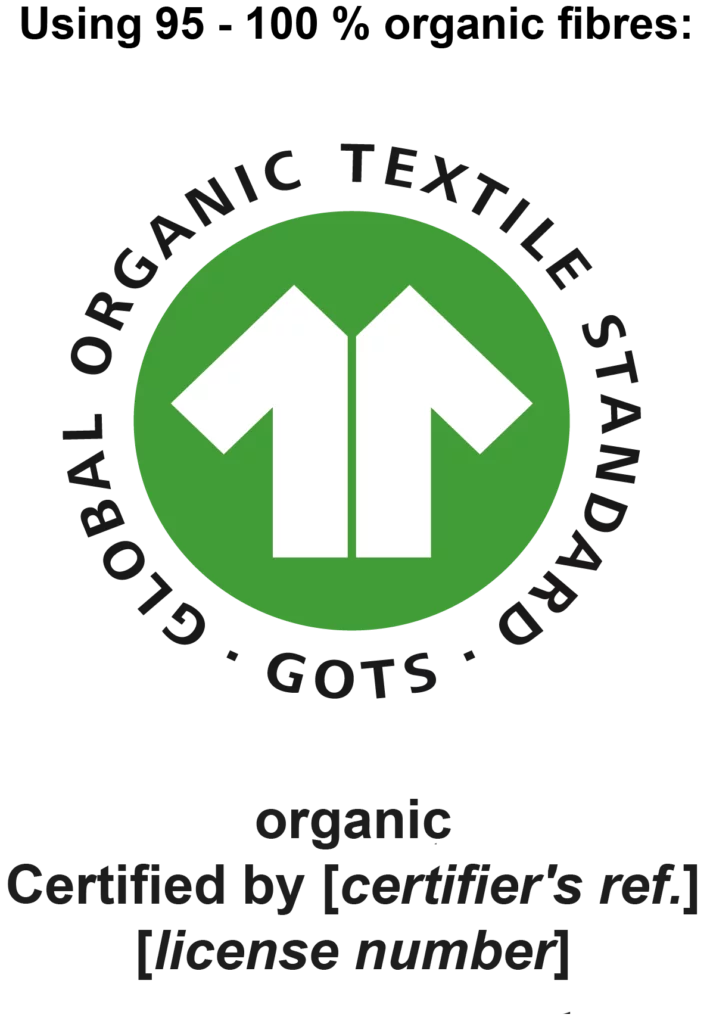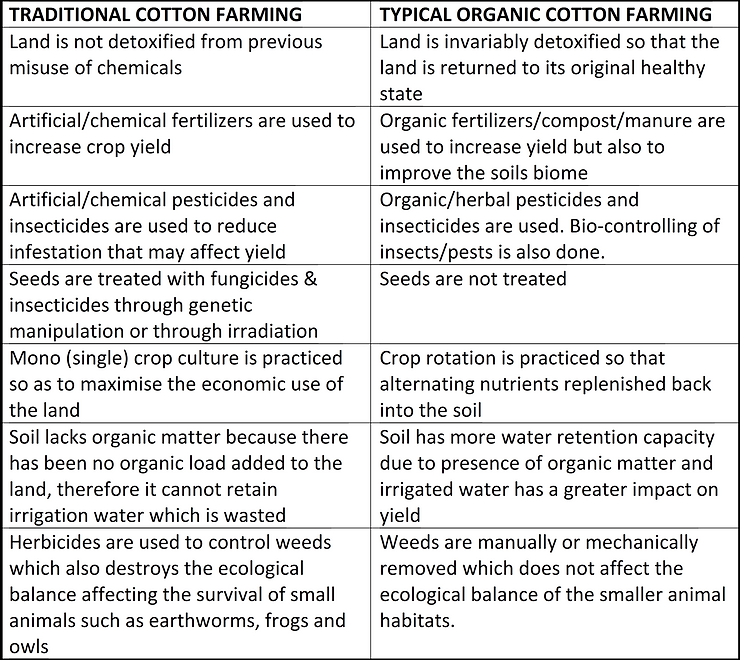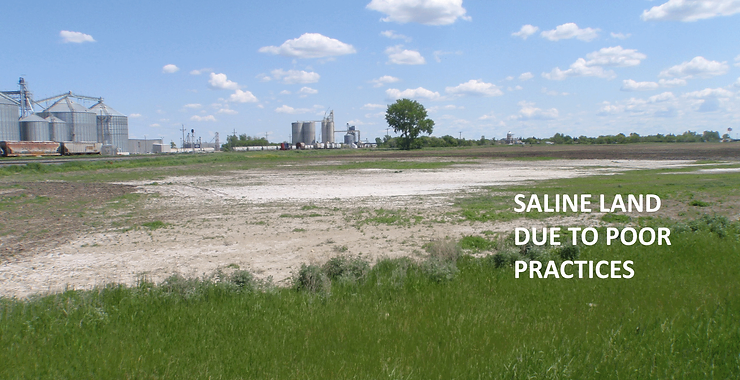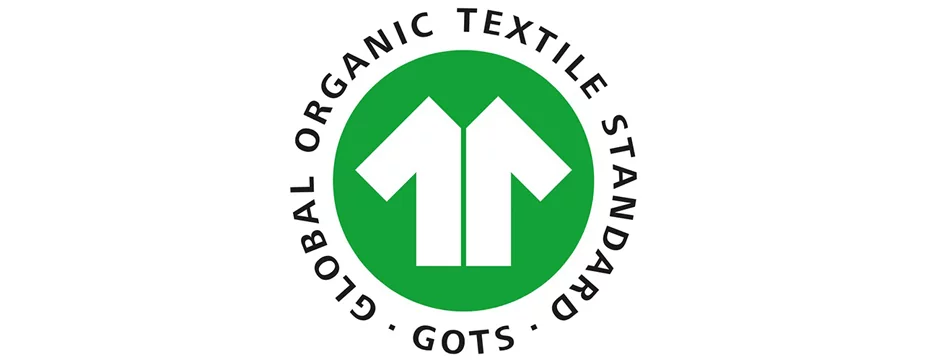It seems that everywhere we look there is every iteration of ‘organic’ food available. Organic coffee, organic beer, organic beef, organic vegetables of all persuasion. For most consumers, food is a very personal matter, and the difference between clean green fresh food vs processed packaged groceries is a stark contrast.
Whereas the veracity of fresh food being organic or not might be difficult, when it comes to clothing, it is almost impossible for the consumer to know if they have been ‘greenwashed’ by slick marketers. There are deliberate uses of green logos and eco-babble to infer that garments might be organic or environmentally friendly.
To counter this, there are industry certifications such as GOTS – Global Organic Textile Standard, that audit processes throughout the whole supply chain to ensure raw materials such as organically grown cotton is not contaminated later through the manufacturing processes.
What are the differences between industrially grown cotton and organically grown cotton? The following chart may be helpful in contrasting the activities between the traditional/industrial cotton farming techniques and that of organic farming.


Whereas the traditional/industrial farm relies heavily on the chemical industry to help with the crop yield, the organic farm uses natural inputs. The critical distinction is that the traditional industrial approach is ‘extractive’ that is, each crop actually reduces the fertility of the land and therefore requires artificial additives to help restore fertility. Whereas the organic farming practices ‘rejuvenate’ the land by adding additional organic load to the soil.
The organic farmer has a long term mind set that sees the land as a living entity that if managed naturally will continue to thrive through all conditions. We only need to see the ‘salt bowls’ created in over cropped regions that has rendered the land infertile due to soil becoming saline and therefore lost forever to any future production.

Therefore when people start to describe items as organic, the simple test is whether the land is better off after farming or has it been harmed? If the farming practices are truly organic, then it is highly likely that the farmer will ensure the production has been certified by an organisation like GOTS, which in turn increases the value and the market will pay a premium for the produce.
In a later post we will discuss the GOTS controlled production cycle from farm to fabric to show how the value of the organic produce is protected.

